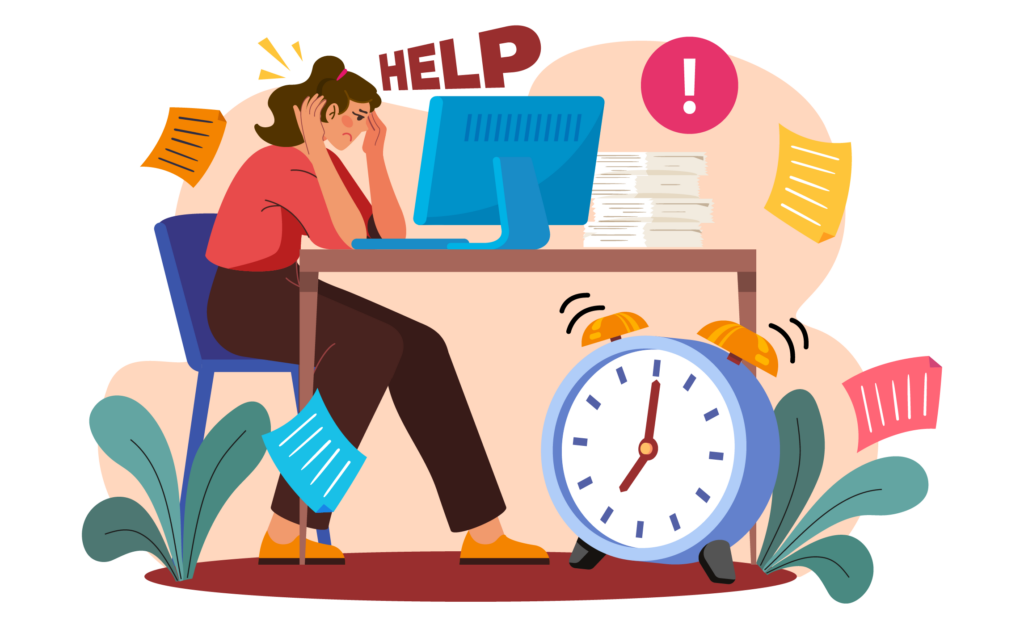Automated Access Control for Hospitality
Automated Access Control for Hospitality
1. Automated Check-in/Check-out:
Keyless Entry: Guests can receive electronic keys via their smartphones, enabling them to bypass the front desk and go directly to their rooms. This reduces wait times and staff workload by using hospitality access control.
Self-Service Kiosks: Automated kiosks can handle check-ins and check-outs, issuing room keys and processing payments. This frees up staff to focus on personalised guest services.
2. Room Access Management:
Dynamic Room Allocation: The system can automatically assign rooms based on availability and guest preferences. This optimises room usage and enhances guest satisfaction.
Access Scheduling: Automated schedules can grant or revoke room access at specific times, such as for cleaning staff or maintenance, ensuring security and operational efficiency.
3. Integrated Guest Services:
Automated Billing: Hospitality access control can be used to add charges for room service, spa appointments, and other amenities automatically to the guest’s bill, streamlining the check-out process.
Personalised Experiences: Guest preferences can be stored and used to automate room settings (e.g., lighting, temperature). This provides a customised experience.
Automated Access Control for Healthcare
1. Controlled Access to Sensitive Areas:
Restricted Area Management: Automating access to sensitive areas such as operating rooms, pharmacies, and data centres ensures that only authorised personnel can enter. Enhance your security and compliance with regulations by using access control in healthcare.
Time-Sensitive Access: Access can be scheduled for certain hours to ensure that areas are only accessible when necessary. Thus reducing the risk of unauthorised entry. This is an excellent way to improve access control in healthcare.
2. Patient and Staff Safety:
Emergency Response Automation: In the event of an emergency, doors can be automatically locked or unlocked to facilitate evacuation. Additionally, this can be used to secure critical areas. This enhances safety for patients and staff.
Tracking and Monitoring: Healthcare access control allows for automated systems. These systems can track staff movements, ensuring that personnel are where they are needed most and enhancing response times for patient care.
3. Operational Efficiency:
Visitor Management: Automated check-in systems for visitors can streamline the process, ensuring that all visitors are logged and granted appropriate access levels with a healthcare access control system.
Inventory Control: Automated access to supply rooms and medication storage can ensure that inventory is used efficiently and access is logged for accountability when using access control in healthcare.
General Benefits:
Enhanced Security: Automated systems reduce human error and provide a detailed log of access, helping to maintain high security standards.
Cost Savings: By reducing the need for manual processes and minimising staff requirements for routine tasks, operational costs can be significantly lowered.
Data Integration: Access control systems can integrate with other management systems (e.g., HR, building management), providing a cohesive and efficient operational environment.
Paxton Access Control systems leverage automation to streamline operations, enhance security, and improve overall efficiency in both the hospitality and healthcare sectors. By automating routine tasks and providing detailed access control, these systems allow staff to focus on providing higher levels of service and care.
Need some extra support?
Our friendly team of experts will help resolve your issue and answer your questions in no time!
Call us on 0333 7000 123 or Make an enquiry.

